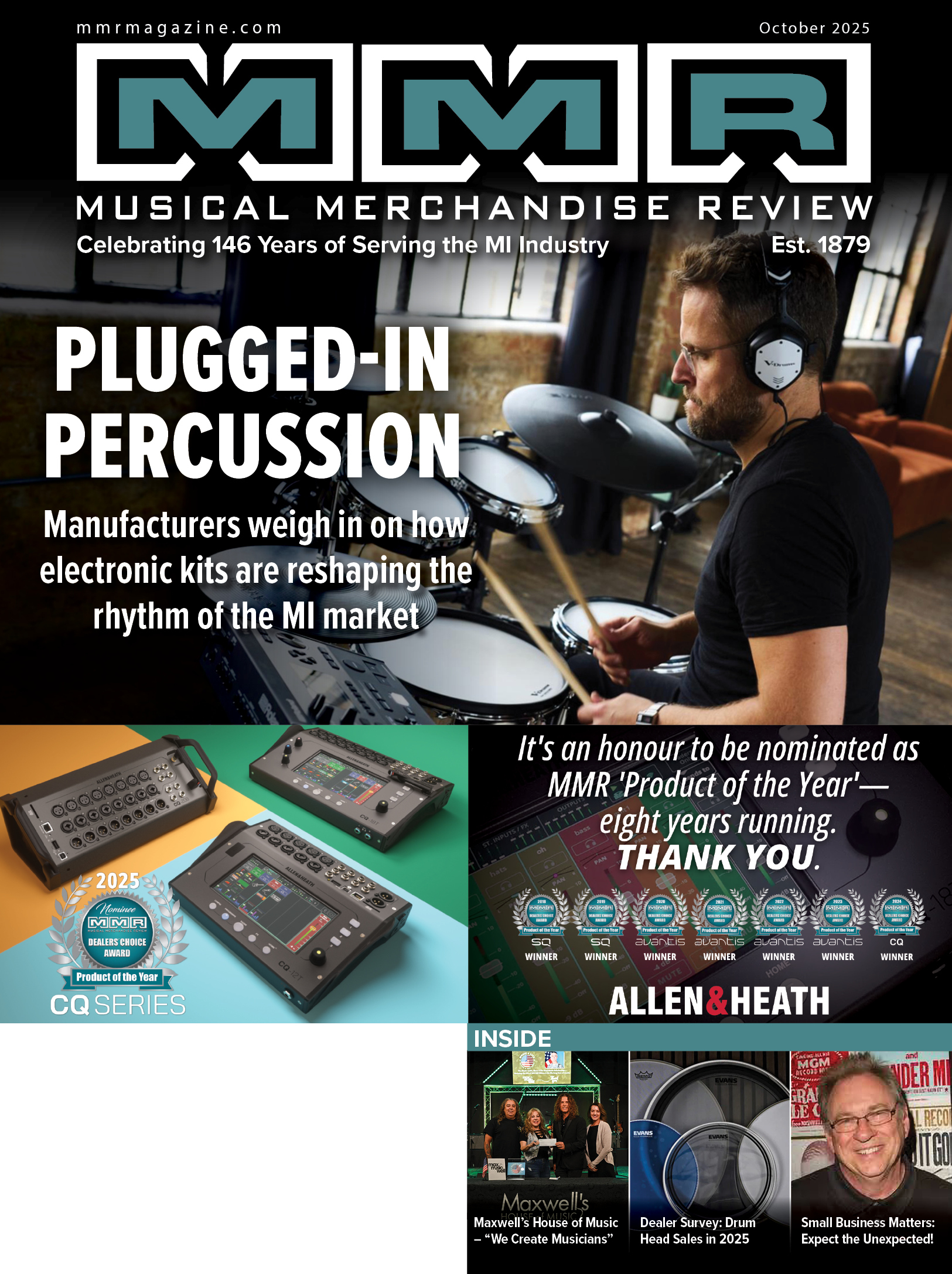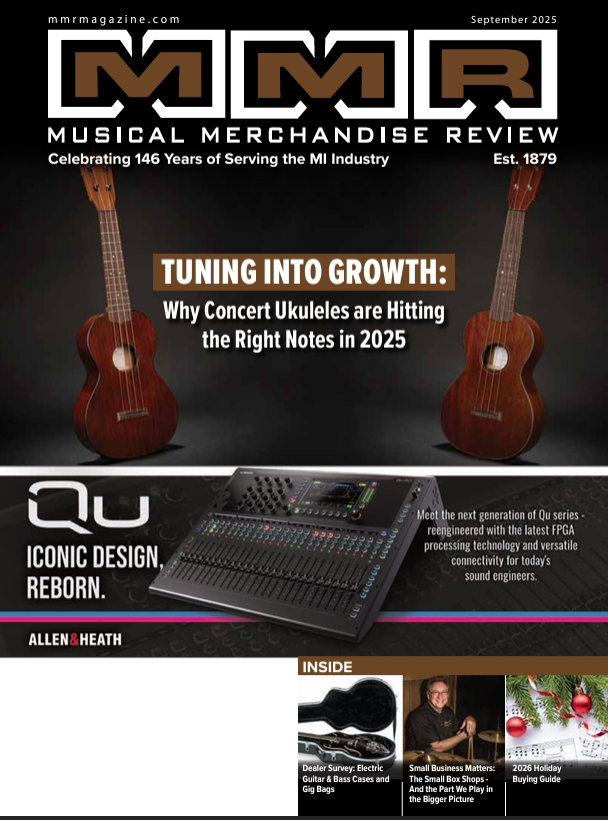 The holiday season is in our collective rearview mirror at this point, but the idea of doing well by doing good remains a fundamentally sound proposition year-round for retailers.
The holiday season is in our collective rearview mirror at this point, but the idea of doing well by doing good remains a fundamentally sound proposition year-round for retailers.
John Krupa and Jamie Villarie, partners in audio retailer Italian Speaker Imports, in Armonk, New York did just that when they partnered with DJ Brian S. Redd to help him configure a suite of equipment that let him work around the fact that he experienced a stroke in 2011, when he was just 39, that left him without the use of his right arm and leg. Many thought that the DJ career of the Milwaukee native was over – like most spinners, Redd would traverse the landscape of the genre, doing a wedding in Milwaukee one night, a corporate event a week later in Chicago, a party in Las Vegas and then heading to Europe for a festival. Whatever and wherever the gig, Redd, like most non-superstar DJs, had to hump his own gear, including turntables and speakers. Doing that the way he used to suddenly became impossible.
But thanks to an exceptionally positive attitude, raw determination and stubborn creativity, Redd accomplished what many said couldn’t be done: He built a streamlined system that he could carry and set up himself, without sacrificing sound quality, and got back to work.
“Right after my stroke,” said Redd, “I put out a video and said to the DJ community, ‘Humor me. If you only had one good arm, one good leg and you could barely walk, how would you keep working?’ Nobody could come up with any good answers, so I had to work it out – you know, all of the logistics. The simplest things were a challenge: How to pole a speaker, how to carry it, how to load a truck and get into a venue. There were weight issues and I wasn’t willing to compromise on good quality sound. There was a lot of trial and error.”
You don’t know what the challenges will be until you try to figure out how to do at less than 100 percent what you always took for granted. (Try signing your name with your opposite hand to experience a fractional sense of this.) For instance, he needed to figure out how to wind cables with one hand. After trying a sample of self-reeling mic cables, he outfitted all of his microphones with them, and then made a trip to Home Depot for self-winding cables that he could use to address power-supply issues.
Krupa knew Redd before the stroke, and the two talked afterward about finding speakers that Redd could manage on his own. Among other things, ISI reps FBT, a boutique speaker brand whose ProMaxx series that Redd agreed offered a combination of balance and leverage that was easy for him to handle but that still had the power for most of his gigs.
“The speakers are unique in that they have handles on the sides and on the top, so Brian could lift them like he was carrying a briefcase,” explains Jamie Villarie. As some use of his affected limbs returned, he’s also stepped up from an 8-inch speaker enclosure to a 10-inch box, which he says doubled his sound while only adding three additional pounds.
Helping Redd, says Villarie, quickly became more about finding unique solutions than it was about making a sale. “In a lot of ways it was a great experience for all of us,” he says.
Musicians will find a way around impediments. Adrian Anantawan became an accomplished classical violinist in his twenties, earning an undergraduate degree from Philadelphia’s Curtis Institute of Music and a master’s degree from Yale, all without the benefit of having a right hand. He uses a custom prosthesis instead. And then there’s perhaps the most famous of all musicians facing a new disability, Def Leppard drummer Rick Allen, who lost his left arm in a car accident in 1984, at the height of the band’s success. Two years later Allen was back on a drum throne, thanks to an electro-mechanical kit devised by he and electronic drum entrepreneur Dave Simmons, that used foot pedals to compensate for the missing arm.
What’s perhaps most amazing about connecting those with disabilities with musical instruments and equipment is that those pursuing music will likely provide most of the impetus. Redd himself said he took much of his inspiration from others he met during his recovery: “People that had it much worse than me – people who were wheelchair bound, paralyzed, suffering from cerebral palsy – who were still working as DJs,” he said. “If they can do it… there shouldn’t be any reason why I can’t figure this out.”
All a dealer has to do is be there and be willing.


























